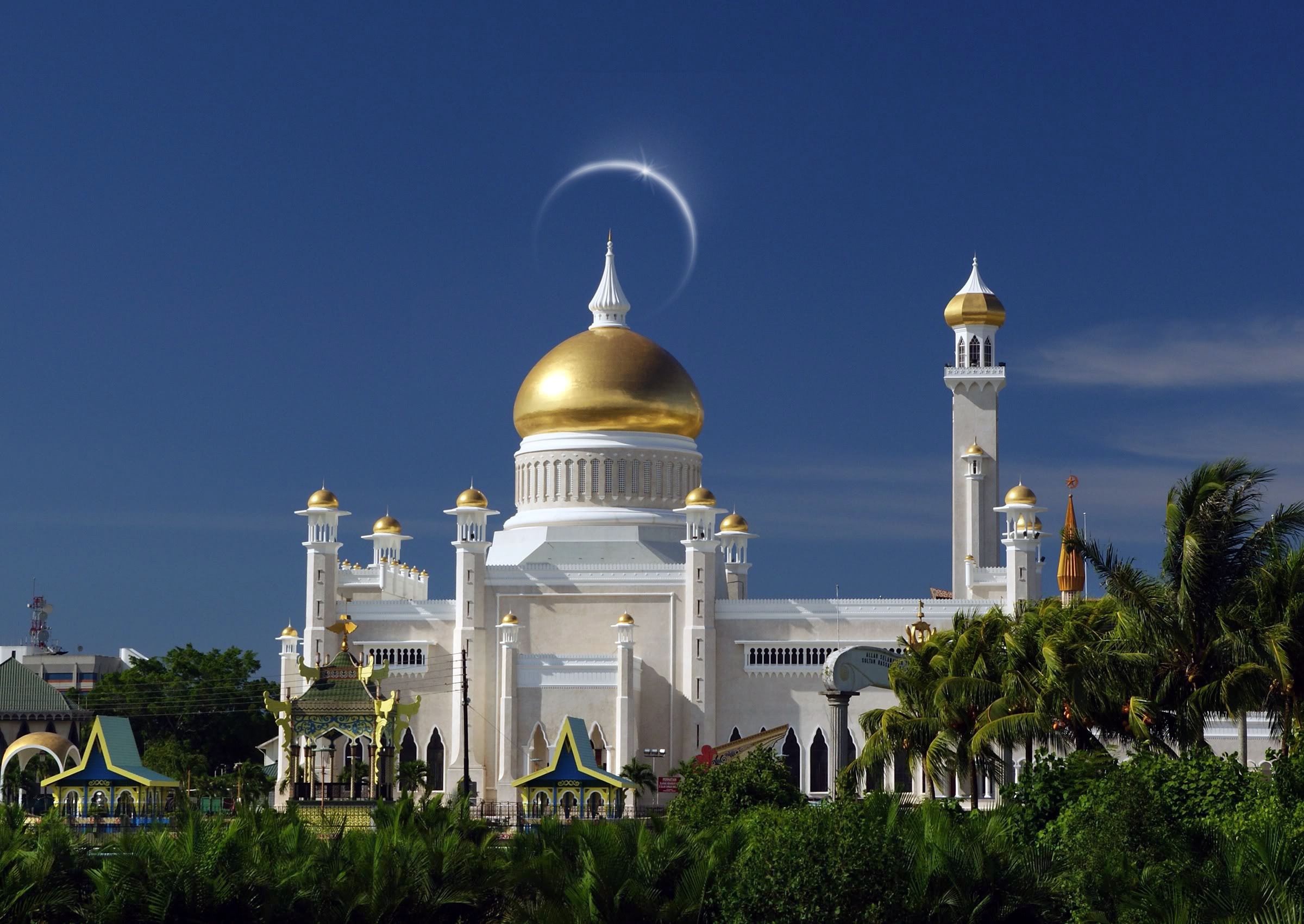On 3rd April, the South-East Asian country Brunei officially made gay sex acts punishable by stoning to death. Sultan Hassanal Bolkiah established Brunei’s Sharia penal code in 2014 with the aim of increasing Islam’s influence. The code increased the severity of criminal law, including jail time for women who get pregnant outside of wedlock and for anyone who fails to pray on Fridays. It is also illegal to sell alcohol, and for non-Muslims to proselytize or display visible signs outside places of worship. Capital punishment is a consequence for blasphemy against Islam, but the newest law is considered the most severe yet.
American actor George Clooney encouraged the boycott of nine exclusive hotels owned by The Brunei Investment Agency. Clooney argued that every time we stay, have meetings or dine at these hotels, we “are putting money directly into the pockets of men who choose to stone and whip to death their own citizens for being gay.” Ellen DeGeneres shared Clooney’s list, tweeting “Raise your voices now. Spread the word. Rise up.” All nine hotels deactivated social media accounts and TripAdvisor reviews were removed due to backlash. Companies have also cancelled events at The Dorchester in London, where hundreds of protesters amassed shortly after the law was introduced. Virgin Australia and STA Travel have also ended deals with Royal Brunei Airlines.
People do not want to knowingly feed into the Sultan’s luxury and lavish life while others are tortured under his rule. The significance of boycotting and protesting is to show an unwillingness to stay silent and be complicit, as this would suggest that as a society, we are accepting of this extreme breach of human rights. The fight for LGBT+ rights has come a long way and progresses every year, so Brunei’s new law is a huge set-back. People want to protest against Brunei’s exclusivity, oppression and extreme homophobia, but how effective will this be?
Some disagree with the online backlash, arguing that in terms of wages and verbal or physical abuse, it is likely that the staff will suffer most. The Sultan’s power, status and wealth make him untouchable in many ways, so boycotting may have little impact on bringing him down, or changing the extreme, conservative views perpetuated by Brunei’s constitution.
There has been an international outcry for governments to cut ties with Brunei, as people want more direct and serious action to be taken by their countries. The government’s Official Health and Safety organisation has paused all links, and The Health and Safety Executive (HSE) will no longer send a team to help Brunei’s Health and Environmental National Authority (Shena). As an “inclusive” union which “strongly supports gay rights”, associating with Brunei would be a let-down to the LGBT community. Garry Graham, the Union’s Deputy General Secretary, vocalised the Union’s grave concerns about staff working in a country “with such a terrible record on equality and respect for the rights of others.”Governments around the world no longer want to be so involved with a country that tortures innocent citizens, and if this has physical and financial implications for the constitution, could this provoke a change?
People outside of Brunei can make changes, but this does not mean that Brunei will. The Constitution of Brunei claims that the country is governed by “the Muslim religion according to the Shafi’isect”, and as the “defender of Islam” under the Malay Islamic Monarchy, the Sultan bases his penal code off of extreme interpretations of Islamic texts. Brunei’s Minister defended the new stoning law as aiming to “safeguard the sanctity of lineage and marriage.” The reality is this: while people with such extreme views maintain their positions of power, they will, inevitably, create strict laws. These conservative and extreme religious values are so deep-rooted within Brunei’s culture and corrupted, power-hungry constitution, that it is difficult to know how to change it. Without protest, inclusivity when it comes to race, religion, gender and sexuality would not be where it is today. The effect of this was seen last year, when India decriminalised gay sex acts, showing that change can happen. However, it is a lengthy and difficult process. It’s a question of “if”, “when” and “how”.
Fiona Western
Image: Wikimedia Commons.

